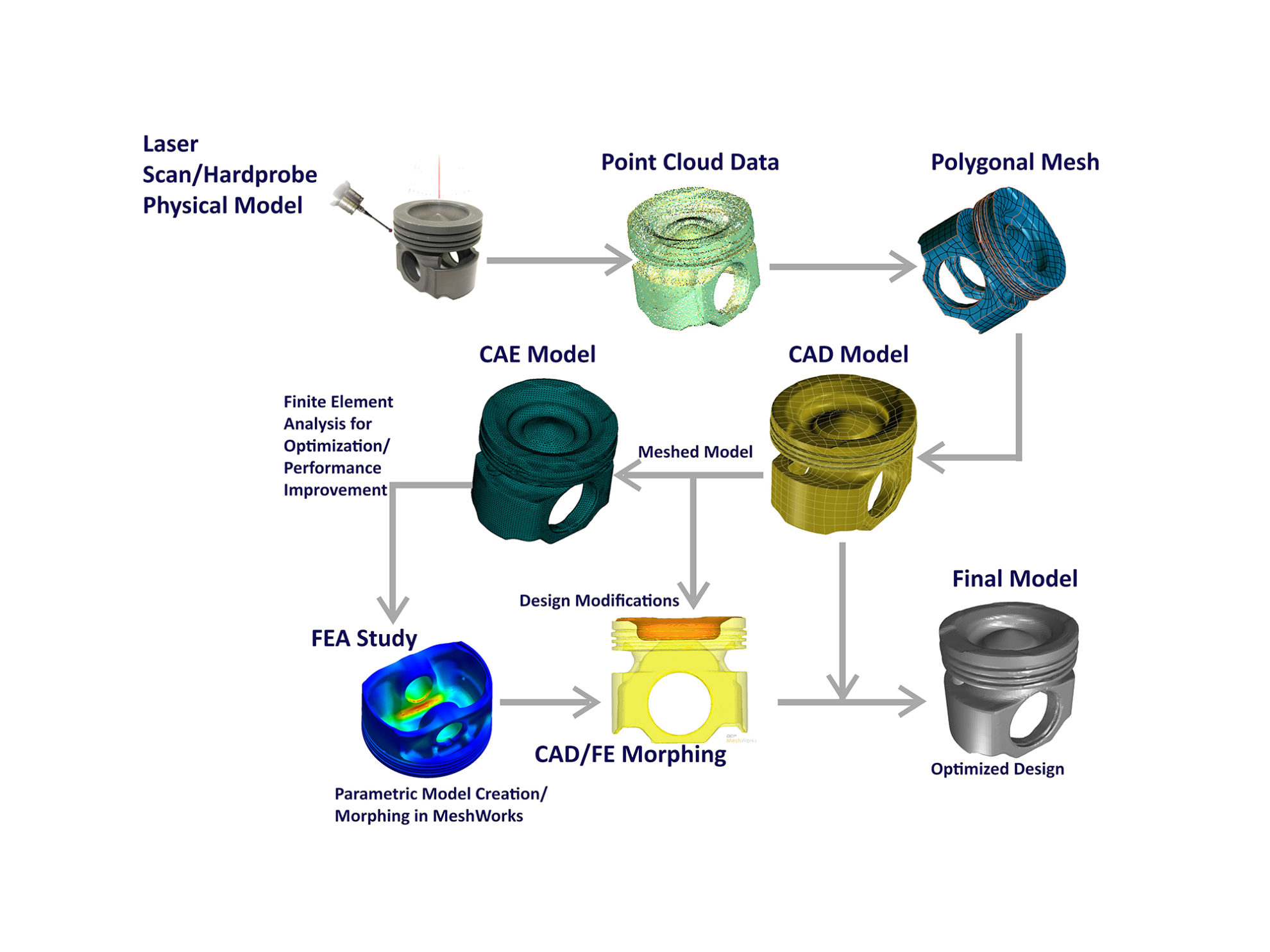Reverse Engineering Salaries

Reverse engineering salaries is the process of determining an employee’s compensation and benefits package using data that is typically provided by the employer. This data may include information such as job titles, experience, location, and bonuses. Reverse engineering salaries can be useful for several reasons, such as:

- Negotiating your own salary: By understanding how your current or prospective employer compensates other employees in similar positions, you can gain valuable insight into what you should be earning.
- Evaluating job offers: When you receive a job offer, it is important to know if the salary and benefits package are competitive. Reverse engineering salaries can help you determine if the offer is fair and in line with industry standards.
- Planning your career: By understanding the compensation and benefits packages that are available in different industries and roles, you can make informed decisions about your career path and future earning potential.
There are several different ways to reverse engineer salaries. One method is to use online salary calculators. These calculators typically ask you to provide information such as your job title, experience, and location. The calculator will then return an estimate of your average salary.

Another method for reverse engineering salaries is to use salary surveys. Salary surveys are conducted by organizations that collect data on compensation and benefits from a large number of employers. The data is then used to create reports that provide average salaries for different job titles and industries.
Finally, you can also reverse engineer salaries by networking with other professionals in your field. Talk to your friends, colleagues, and former coworkers to get a better understanding of what they are earning. By gathering data from multiple sources, you can get a more accurate picture of the compensation and benefits packages that are available in your industry and role.
Here are some tips for reverse engineering salaries:
- Be specific: When searching for salary information, be as specific as possible. Use your exact job title, experience level, and location.
- Use multiple sources: Don’t rely on just one source of information. Use a combination of online salary calculators, salary surveys, and networking to get a more comprehensive view of compensation and benefits packages.
- Be aware of biases: Keep in mind that salary data can be biased. For example, salaries for men are often higher than salaries for women in the same role.
- Don’t be afraid to ask: If you’re not comfortable asking your employer directly about your salary, you can always ask other employees in your field. Just be respectful and professional when inquiring about salary information.## Reverse Engineering Salaries
Executive Summary
Reverse engineering salaries involves analyzing publicly available data and comparing it to the salaries of similar roles in the same industry or location. By doing this, you can determine if your own salary is competitive and make informed decisions about your career path.
Introduction
Reverse engineering salaries is a valuable tool for anyone looking to negotiate a higher salary or advance their career. It allows you to understand what other people in your field are making and compare your own salary to the market average. This information can give you the confidence to ask for a raise or negotiate a better salary package.
FAQ
What is reverse engineering salaries?
Reverse engineering salaries is the process of analyzing publicly available data and comparing it to the salaries of similar roles in the same industry or location.
Why should I reverse engineer salaries?
There are many reasons why you might want to reverse engineer salaries. Some of the most common reasons include:
- To negotiate a higher salary
- To advance your career
- To understand your worth in the job market
- To make informed decisions about your career path
How do I reverse engineer salaries?
There are a few different ways to reverse engineer salaries. One common method is to use online salary databases. These databases allow you to search for salaries by job title, industry, location, and experience level. Another method is to network with people in your field and ask them about their salaries.
Top 5 Subtopics
1. Data Collection
Data collection is the process of gathering information about salaries from a variety of sources. This information can include:
- Salary surveys: These surveys are conducted by companies or organizations and collect data on salaries from a large number of employees.
- Online salary databases: These databases allow you to search for salaries by job title, industry, location, and experience level.
- Networking: Networking with people in your field can give you access to valuable information about salaries.
2. Data Analysis
Once you have collected data, you need to analyze it to determine the average salary for your role in your industry and location. This can be done using a variety of statistical methods.
3. Comparison
Once you have determined the average salary for your role, you can compare it to your own salary. This will give you a good idea of whether your salary is competitive.
4. Negotiation
If your salary is below the market average, you may want to consider negotiating a raise. When negotiating, it is important to be prepared with data to support your request.
5. Career Planning
Reverse engineering salaries can also help you make informed decisions about your career path. For example, if you want to advance to a higher-paying role, you can use reverse engineering to determine the skills and experience you need to develop.
Conclusion
Reverse engineering salaries is a valuable tool for anyone looking to negotiate a higher salary or advance their career. By understanding what other people in your field are making and comparing your own salary to the market average, you can make informed decisions about your career path.
Keyword Tags
- Salary negotiation
- Reverse engineering
- Career planning
- Data analysis
- Networking
